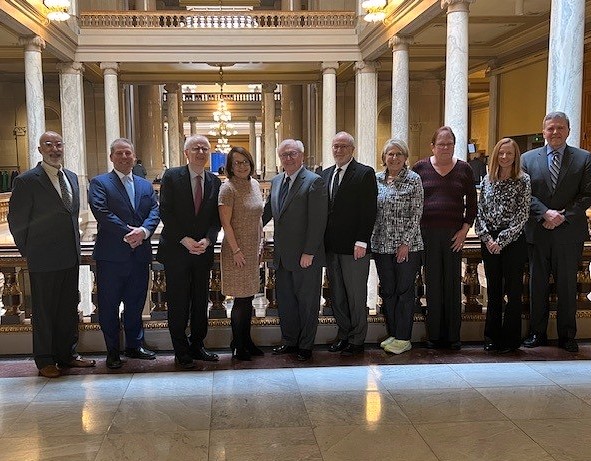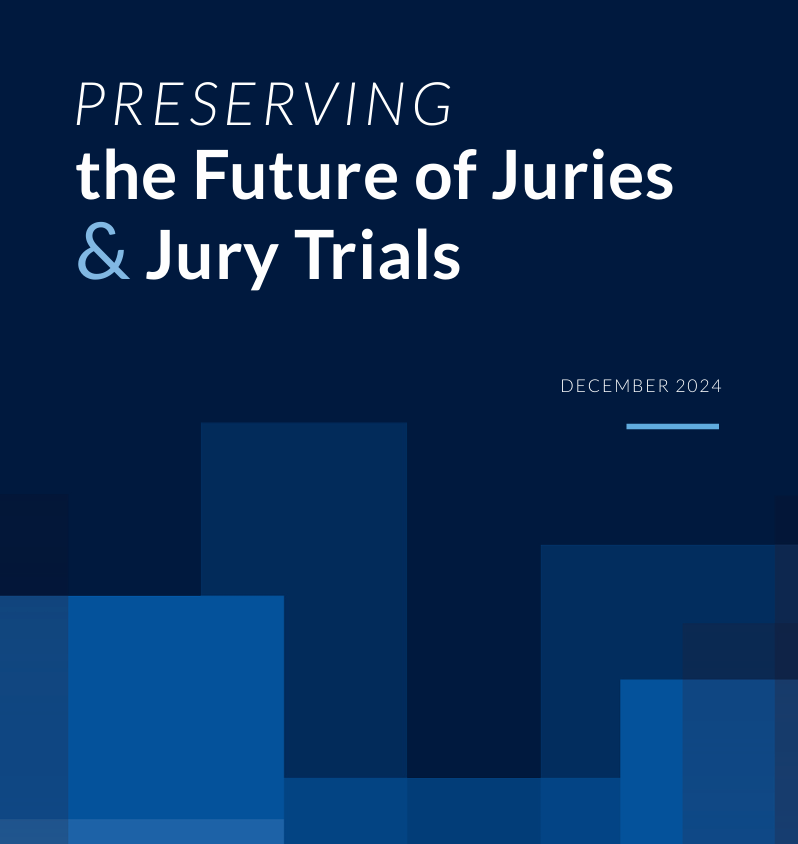For survivors of domestic violence, obtaining a protection order can be daunting. Fear, confusion, limited resources, and the ongoing threat posed by their abusers often prevent individuals from seeking help through the court system.
The National Center for State Courts (NCSC) is working to improve the civil protection order process by making it more accessible, efficient, and fair using secure, user-friendly virtual portals with support from the U.S. Department of Justice’s Office on Violence Against Women.
“Survivors needing protection shouldn’t have to navigate a complex or intimidating process,” said Sarah Vandenberg Van Zee, NCSC court management consultant and project manager. “Through this project, we’re developing national guidance to enhance virtual court portal technology to uphold safety, accessibility, and due process in cases involving domestic violence, dating violence, sexual assault, and stalking.”
Learning collaborative
This project brings together a learning collaborative that includes technologists, access-to-justice leaders, and experienced courts from Arizona, Kansas, and Indiana that have successfully implemented innovative e-filing and portal systems.
Vandenberg Van Zee explained that portals can do more than facilitate document filing; they can also serve as centralized platforms where all parties can complete necessary tasks, access resources, and receive timely case updates.
Seeking pilot courts
To further develop and refine best practices for portal technology, NCSC is seeking learner courts—jurisdictions interested in piloting the recommended guidance established by this project—to join the learning collaborative.
Selected courts will receive hands-on technical assistance to implement or enhance court portal technology to:
- Support survivor safety
- Enhance access to justice and the user experience
- Work with national experts
- Contribute to national best practices/guidance
For more information: Civil Protection Order Portal Technical Assistance Project | VAWA
Read the full article here: Civil protection order portal project aims to improve process for survivors of domestic violence | NCSC







